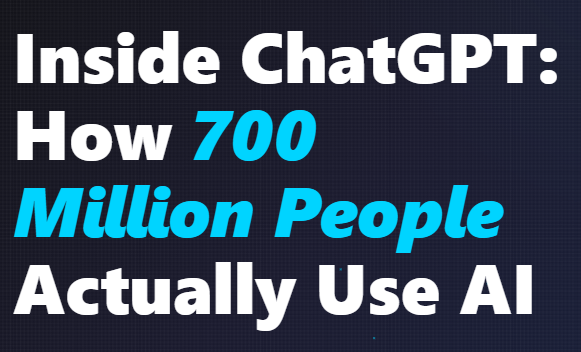Introduction to AI in Healthcare
SingHealth has established a new joint centre with Duke–NUS Medical School that focuses on research, education, and commercialisation of AI in healthcare. The newly launched Artificial Intelligence in Medicine Institute (AIMI) under the SingHealth Duke–NUS Academic Medical Centre aims, among other things, to empower healthcare professionals to develop and apply AI-driven solutions.
Focus Areas of AIMI
One of the institute’s focus areas is promoting bench-to-bedside AI research by providing access to resources, grants and local and global expertise in healthcare AI. It will also support AI governance efforts to regulate the use of AI in the health ecosystem and push for ethical treatment of healthcare data. AIMI will also back the commercialisation and licensing of AI innovation and spin-off of AI-driven startups and foster local and global collaborations.
Education and Training
AIMI will provide training programmes, mentorships, and conferences to promote the education of healthcare professionals and the public on health AI. As part of this, the institute is set to launch its first online training series providing foundational insights into the unique considerations and applications of AI in healthcare. According to Liu Nan, Duke–NUS Medical School associate professor and co-director of AIMI, "Beyond technology, we aim to cultivate future leaders who will drive AI advancements through strategic collaborations and education."
The Larger Trend
Just last month, SingHealth entered into a new memorandum of understanding with Royal Philips for a range of AI integrations. They will work together on three major projects: embedding AI in digital image workflows, next-generation data analytics, and AI-driven smart ICU. Alongside launching AIMI, SingHealth also announced its two-year partnership with the United States-based Coalition for Health AI (CHAI), a non-profit promoting guidelines and best practices for responsible AI use in healthcare.
Partnership with CHAI
A first international collaboration for CHAI, the partnership with SingHealth will develop AI guidelines, white papers, publications and policy recommendations featuring global best practices and regulatory insights "to strengthen governance around AI use in Singapore’s healthcare system." The partners will also collaborate to create educational materials and set up workshops to enhance AI literacy and responsible AI use among clinicians, developers, and consumers. Additionally, they are expected to host a global summit in Singapore, gathering key stakeholders to discuss AI governance, ethics, and implementation.
Conclusion
The establishment of AIMI and the partnerships with Royal Philips and CHAI demonstrate SingHealth’s commitment to advancing AI in healthcare. With a focus on research, education, and commercialisation, AIMI is poised to empower healthcare professionals and drive innovation in the field. As AI continues to transform the healthcare landscape, it is essential to prioritize responsible AI use, ethics, and governance to ensure the benefits of AI are equitably distributed.
FAQs
Q: What is the Artificial Intelligence in Medicine Institute (AIMI)?
A: AIMI is a joint centre established by SingHealth and Duke–NUS Medical School to focus on research, education, and commercialisation of AI in healthcare.
Q: What are the focus areas of AIMI?
A: AIMI’s focus areas include promoting bench-to-bedside AI research, supporting AI governance efforts, and backing the commercialisation and licensing of AI innovation.
Q: What is the partnership between SingHealth and CHAI?
A: The partnership between SingHealth and CHAI aims to develop AI guidelines, white papers, publications and policy recommendations featuring global best practices and regulatory insights to strengthen governance around AI use in Singapore’s healthcare system.
Q: What is the goal of AIMI’s education and training programmes?
A: The goal of AIMI’s education and training programmes is to promote the education of healthcare professionals and the public on health AI and cultivate future leaders who will drive AI advancements.











